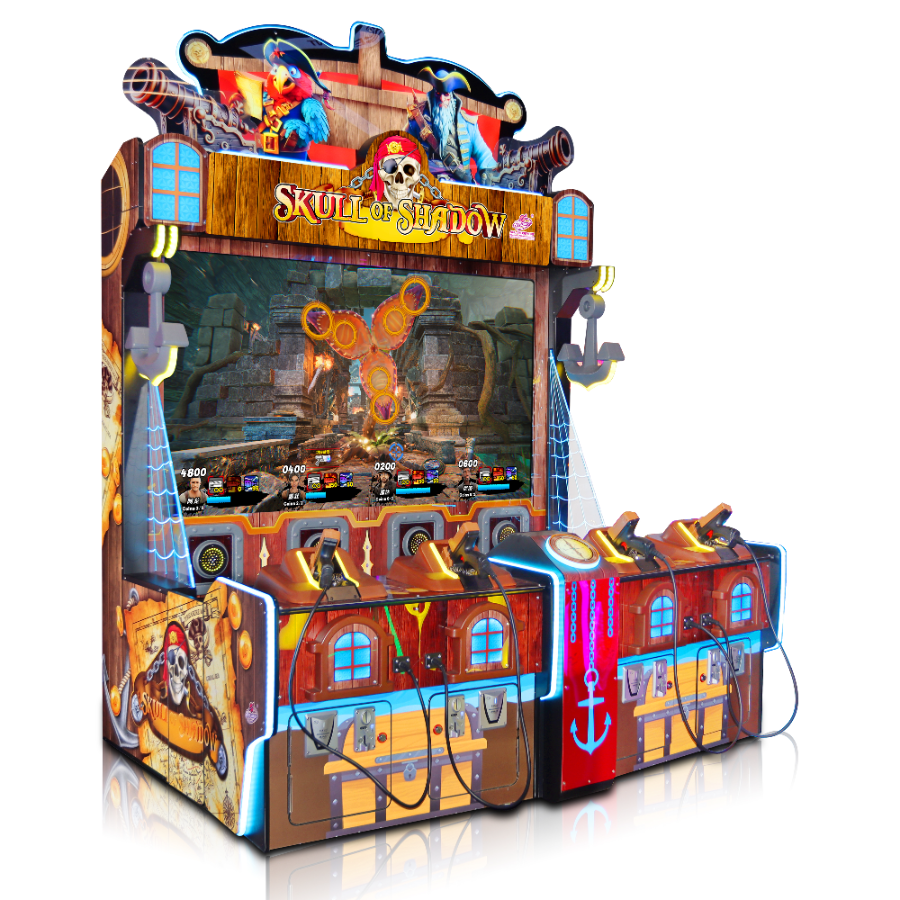Why Interactive Arcade Machines Unite Neighborhoods
Breaking Social Barriers Through Shared Play
Interactive arcade machines play a significant role in fostering connections among diverse groups through shared play experiences. Engaging in arcade games allows participants to engage in activities that transcend social barriers, creating a sense of community and camaraderie. Research highlights the effectiveness of communal gaming environments in reducing social anxiety, thereby encouraging interactions among individuals who might not typically connect. For example, arcade machines in local venues provide a neutral ground for people of varying backgrounds and ages to unite over the joy of gaming. Understanding the demographics of a neighborhood can further amplify the positive impact arcade machines have on social cohesion, transforming isolated groups into united communities.
Video Games as Modern Community Icebreakers
Video games serve as modern community icebreakers by breaking down initial social barriers and facilitating interactions. Statistics show that people are more likely to engage in conversation and form connections when involved in gaming activities. Community events featuring video gaming have proven successful in establishing lasting relationships among players, as seen in examples like neighborhood gaming tournaments. Specific video games, such as those that are universally appealing and easy to learn, act as excellent conversation starters in neighborhood settings. They provide common ground for residents to initiate meaningful interactions, fostering a sense of belonging and community.
Creating Inclusive Spaces with Multiplayer Dynamics
Creating inclusive spaces through multiplayer dynamics in arcade games is crucial for building a strong community. Designing game setups that accommodate various skill levels ensures everyone can participate, regardless of their gaming expertise. Emphasizing inclusivity and diversity when selecting games can lead to enriched community interactions, as people from different backgrounds engage on equal footing. Statistics have shown a rise in multiplayer games, which positively impact the sense of belonging and inclusiveness. By encouraging collaborative gameplay, arcade machines create environments where shared victories and mutual support bolster connections and unity within neighborhoods.
Strengthening Family Ties Through Parent-Child Interactive Games
Collaborative Play as a Bonding Catalyst
Interactive games serve as a powerful tool to strengthen family bonds through teamwork. By involving family members in collaborative activities, these games naturally encourage cooperation and enhance interpersonal relationships. Research from child development experts suggests that family playtime, especially through shared gaming experiences, offers psychological benefits such as improved mood and increased closeness between family members. Examples of interactive arcade games designed for families, like cooperative puzzle games or team-based challenges, have demonstrated significant positive outcomes in family dynamics.
Skill Development in Team-Based Arcade Challenges
Arcade games are not only play but also a medium to develop critical skills. As families engage in team-based arcade challenges, they unknowingly enhance communication, problem-solving, and strategic thinking skills. Studies have shown a strong correlation between gaming and cognitive development in children, highlighting how interactive games can bolster mental agility. Families often share testimonials about the positive impact that these games have, citing improvements in their children's ability to think quickly and effectively.
Fostering Communication Through Competitive Fun
Competitive games are a unique medium through which communication skills can be honed within families. Interactive games designed to promote healthy competition ensure that family members communicate effectively, leading to constructive discussions. For instance, studies confirm that such gameplay can lead to enhanced communicative dynamics, enabling families to engage positively. This form of competitive fun can act as a bridge, closing gaps in communication and fostering a stronger family unit.
Featured Interactive Game Machines for Community Events
Dream Ball: Sport-Themed Team Play for All Ages
Dream Ball is an engaging sport-themed arcade game that promotes teamwork and enjoyment among all ages. Its mechanics involve players collaborating to achieve goals, making it a favorite at community events. This game has garnered positive reviews for its ability to engage multiple generations, enhancing family and community bonding through shared experiences. Its appeal lies in fostering these connections, highlighting the importance of interactive play in communal settings.
Game on Basketball: Fast-Paced Hoops Action
Game on Basketball delivers thrilling fast-paced hoops action that captures the attention of participants at any event. With its engaging gameplay, this arcade game becomes a center of excitement, attracting sports enthusiasts and casual gamers alike. Its popularity is reflected in usage statistics and community feedback, proving its impact on community events. Game on Basketball is perfectly suited for dynamic environments where quick, action-oriented games are preferred.
Cool Boy (White): Prize-Based Group Excitement
Cool Boy (White) stands out in community events with its prize-based gameplay that ignites enthusiasm among players. The reward system encourages participation and has been known to foster repeat visits, cultivating a sense of community loyalty. Its versatility allows it to adapt well to large public events, providing entertainment that appeals to group dynamics and excitement seekers.
Pop Box II: Compact Crowd-Pleasing Challenges
Pop Box II offers compact and engaging arcade challenges that maximize space utilization and stimulate crowd engagement. Its design allows for easy integration into various event settings, making it a crowd favorite due to its consumer-tested effectiveness. Testimonials from these events highlight Pop Box II's role in creating memorable interactive experiences for participants.
Safari Park 8PL: Large-Group Redemption Thrills
Safari Park 8PL excels in facilitating large-group interactions with its unique redemption game format. Ideal for substantial venues and events, it provides thrilling entertainment acknowledged by impactful platform statistics. Communities planning to integrate arcade games can benefit from including Safari Park 8PL in their lineup due to its ability to stimulate collective participation.
Planning Engaging Community Gaming Events
Balancing Competitive & Cooperative Arcade Setups
Creating a well-rounded gaming event involves balancing competitive and cooperative games, ensuring diverse engagement. Including both types of arcade games appeals to different preferences, fostering wider community participation. Studies, such as those in community engagement journals, highlight that participant satisfaction significantly increases when varied gaming styles are offered. Diverse games allow players to choose based on temperament and desire for collaboration or competition, subsequently enhancing their enjoyment and involvement. Communities that successfully integrate both setups see increased participation and prolonged event success, furthering community bonds and interaction.
Integrating Video Games into Local Festivals
Integrating video games into local festivals enhances the excitement and draws diverse crowds, particularly among younger demographics. Successful case studies from various communities highlight how gaming can complement cultural festivities, making events more appealing and interactive. For instance, a festival in Texas incorporated virtual reality games, resulting in a notable increase in attendance. This integration has proven beneficial for local businesses involved in such events, generating traffic and sales boosts by attracting a tech-savvy audience interested in both gaming and cultural activities. Thus, video games provide a modern twist to traditional events, ensuring cross-generational appeal.
Maintaining Interest Through Seasonal Machine Rotations
Rotating arcade games seasonally is crucial for maintaining player interest and ensuring dynamic community engagement. Regular updates prevent monotony and encourage repeat visits, with data indicating increased player retention when diverse games are continually introduced. Communities can implement rotation schedules by collaborating with arcade suppliers to swap machines based on seasonality or popularity trends. This strategy sustains excitement and engagement, offering frequent visitors new experiences and encouraging newcomers to explore the gaming options. By keeping the gaming environments fresh and inviting, events remain relevant and appealing throughout the year.



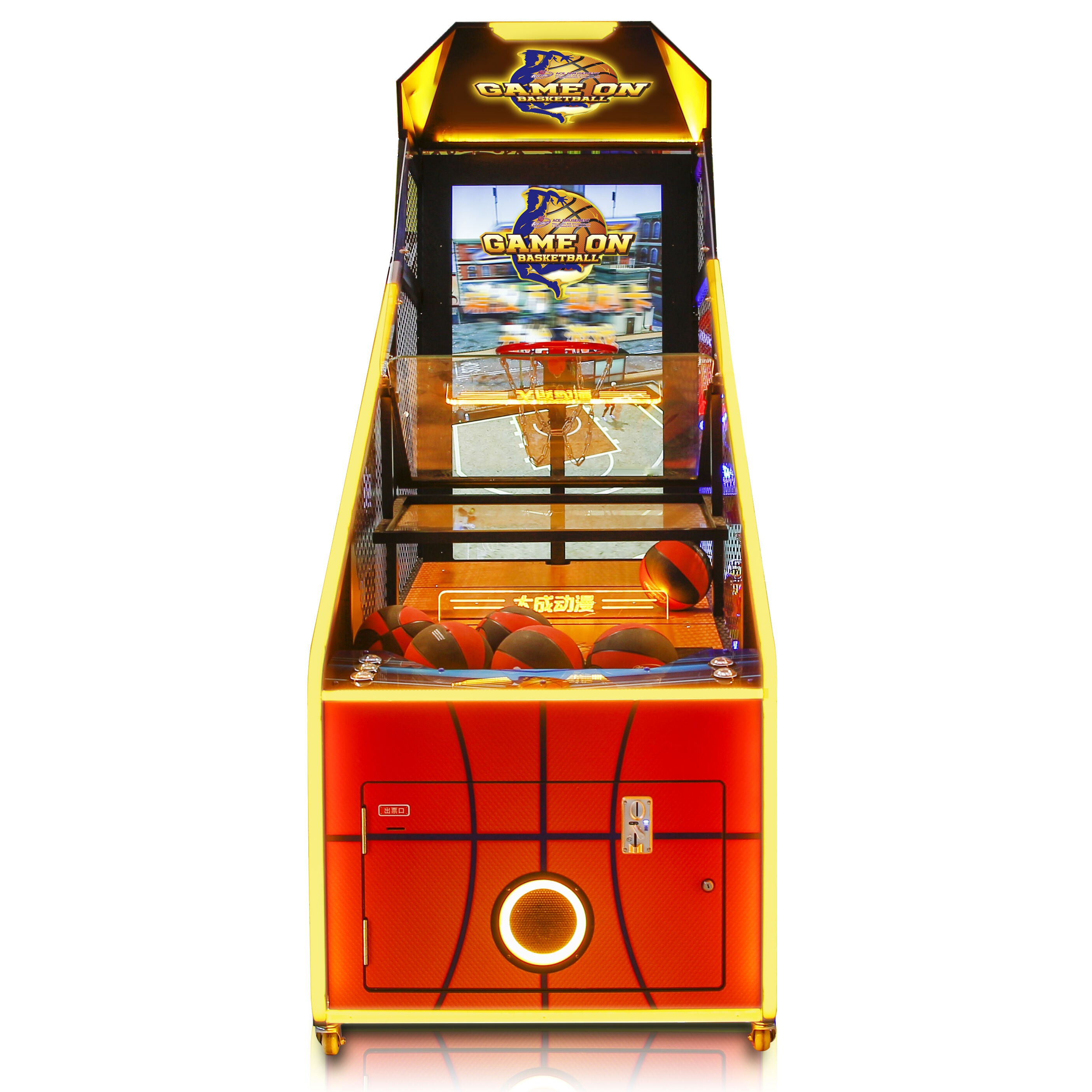
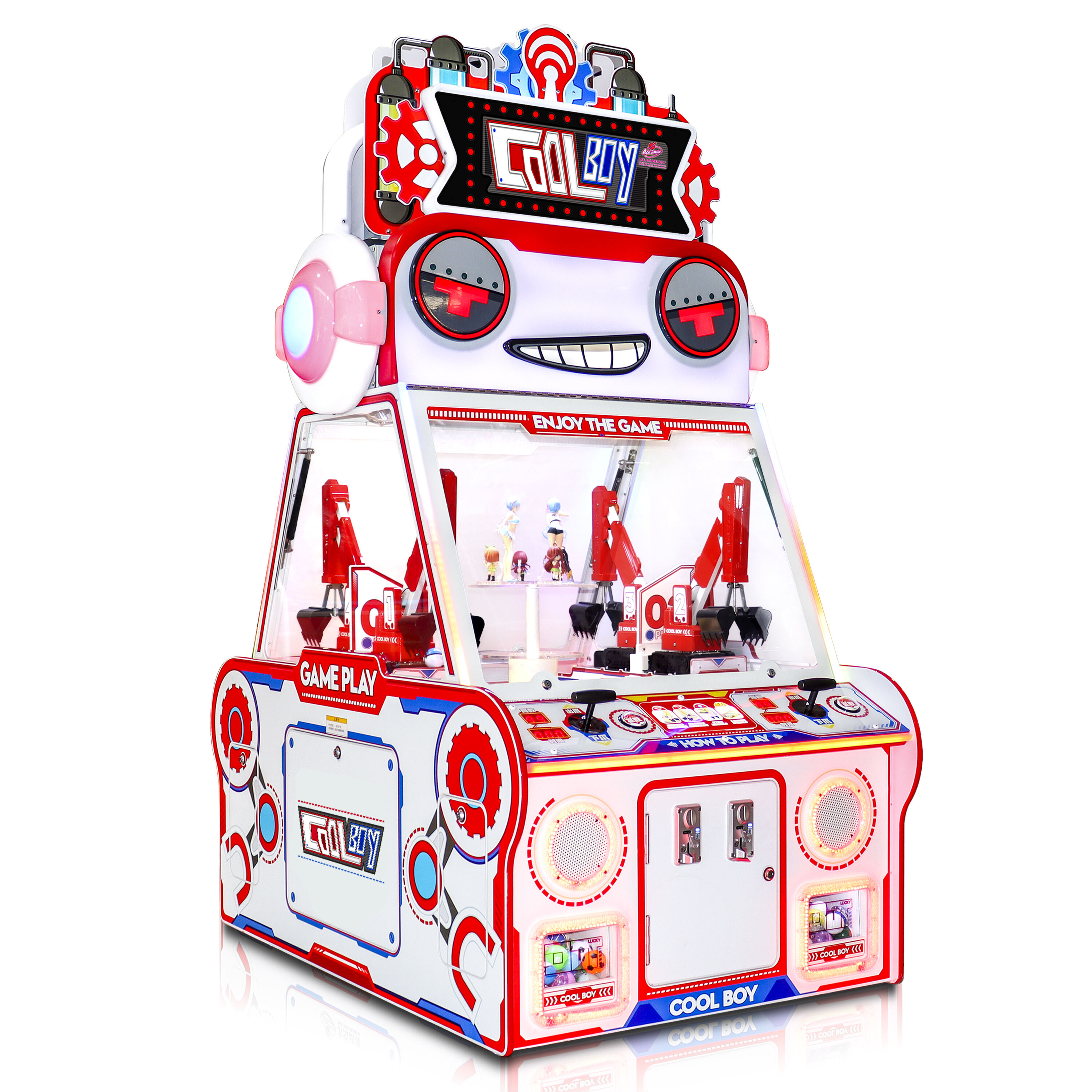
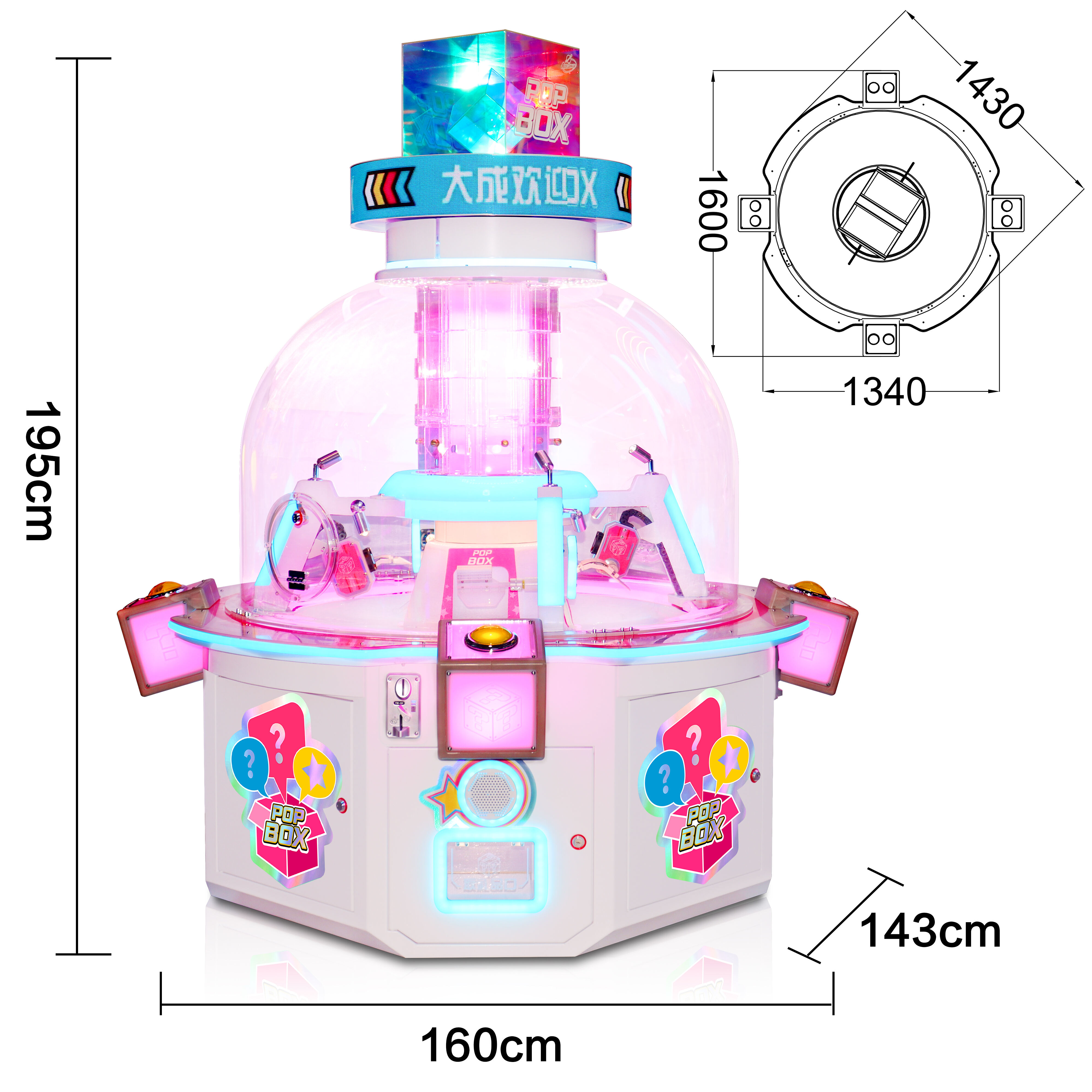


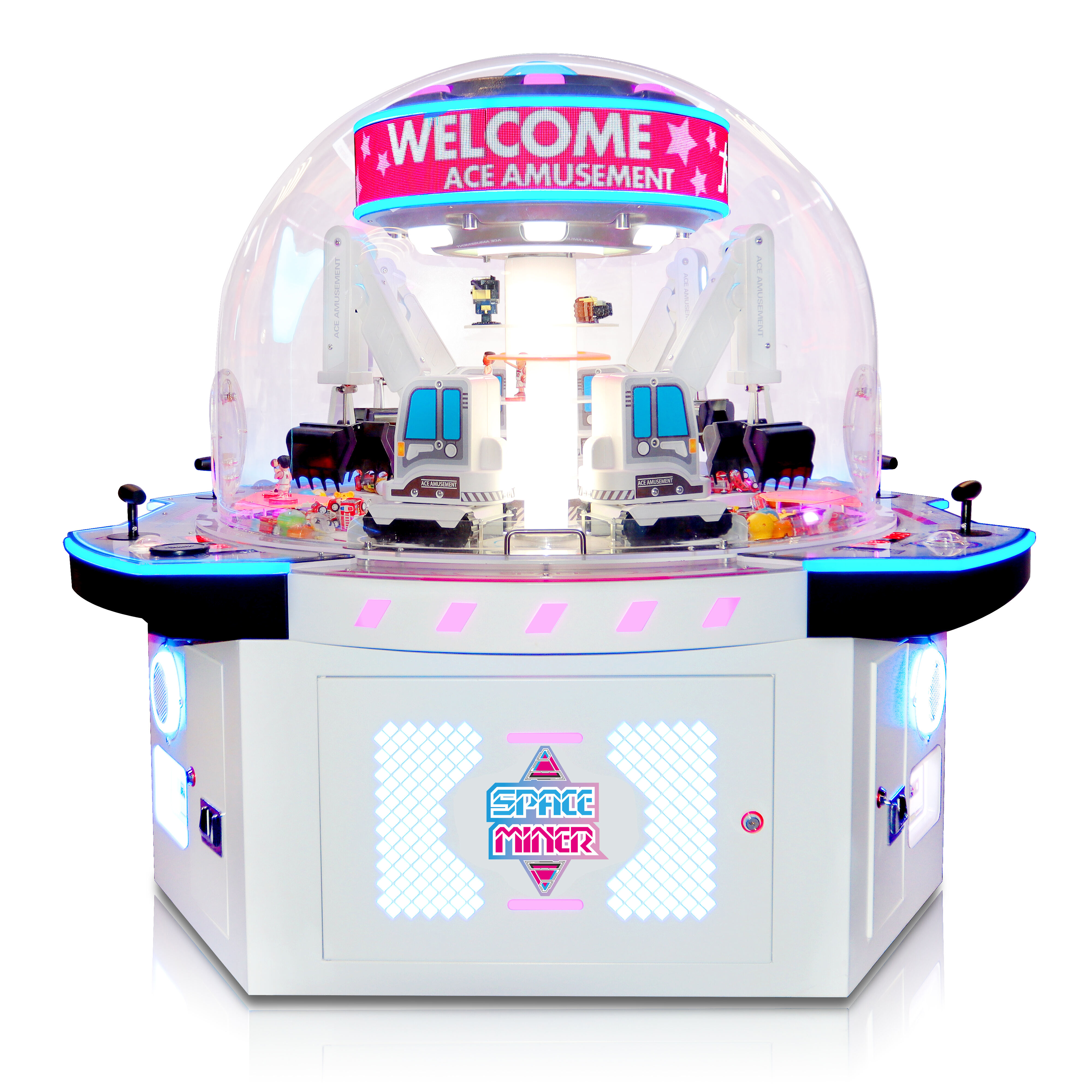
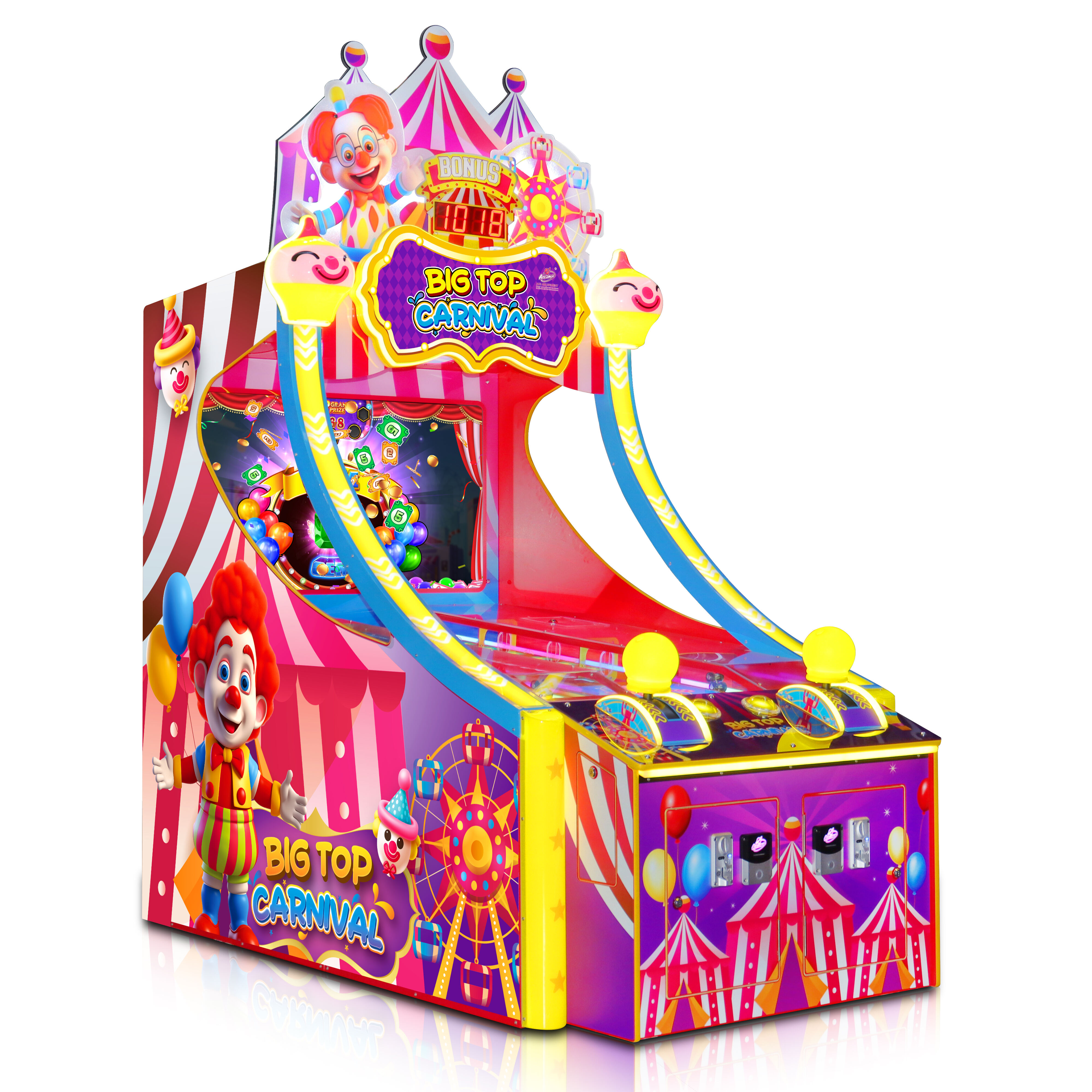
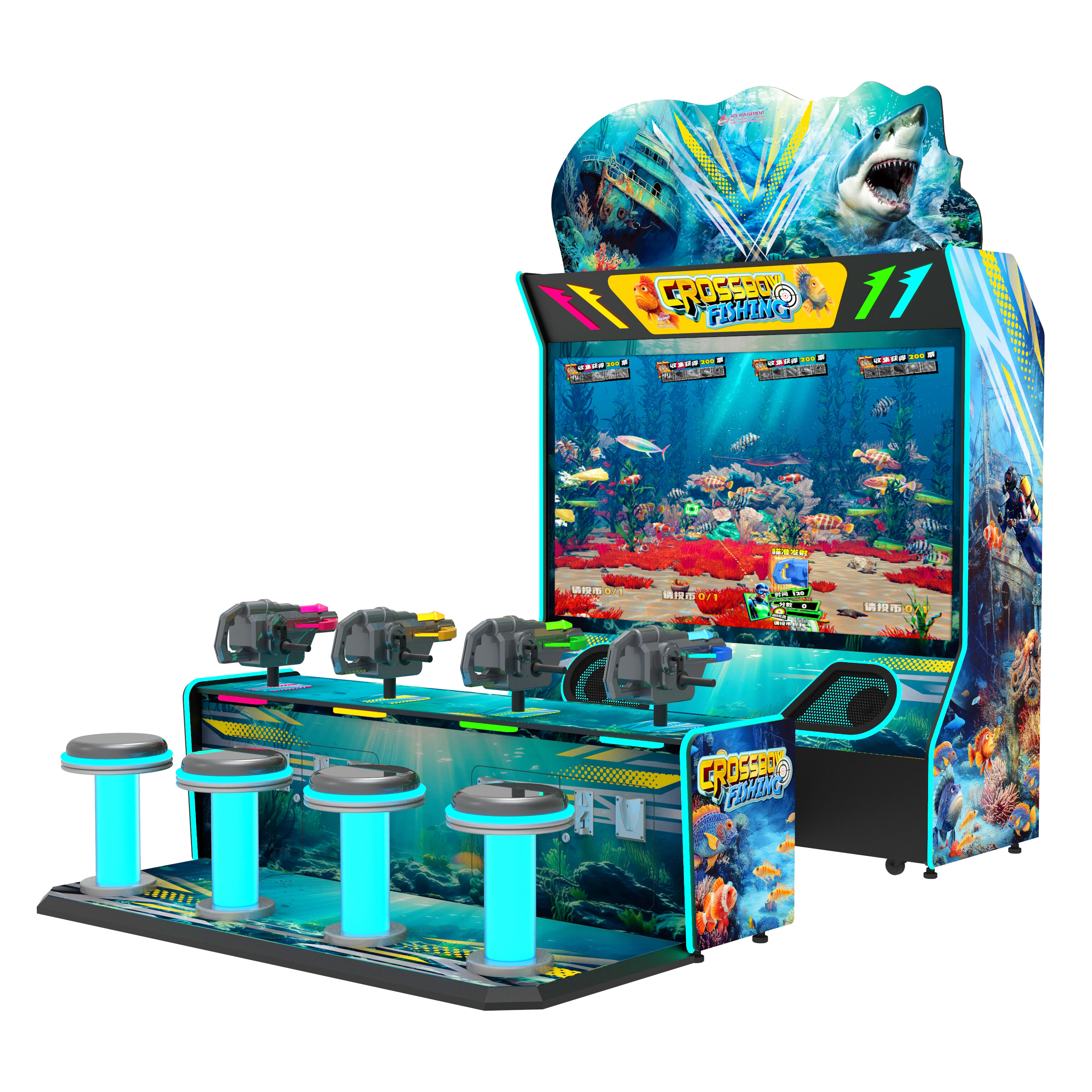
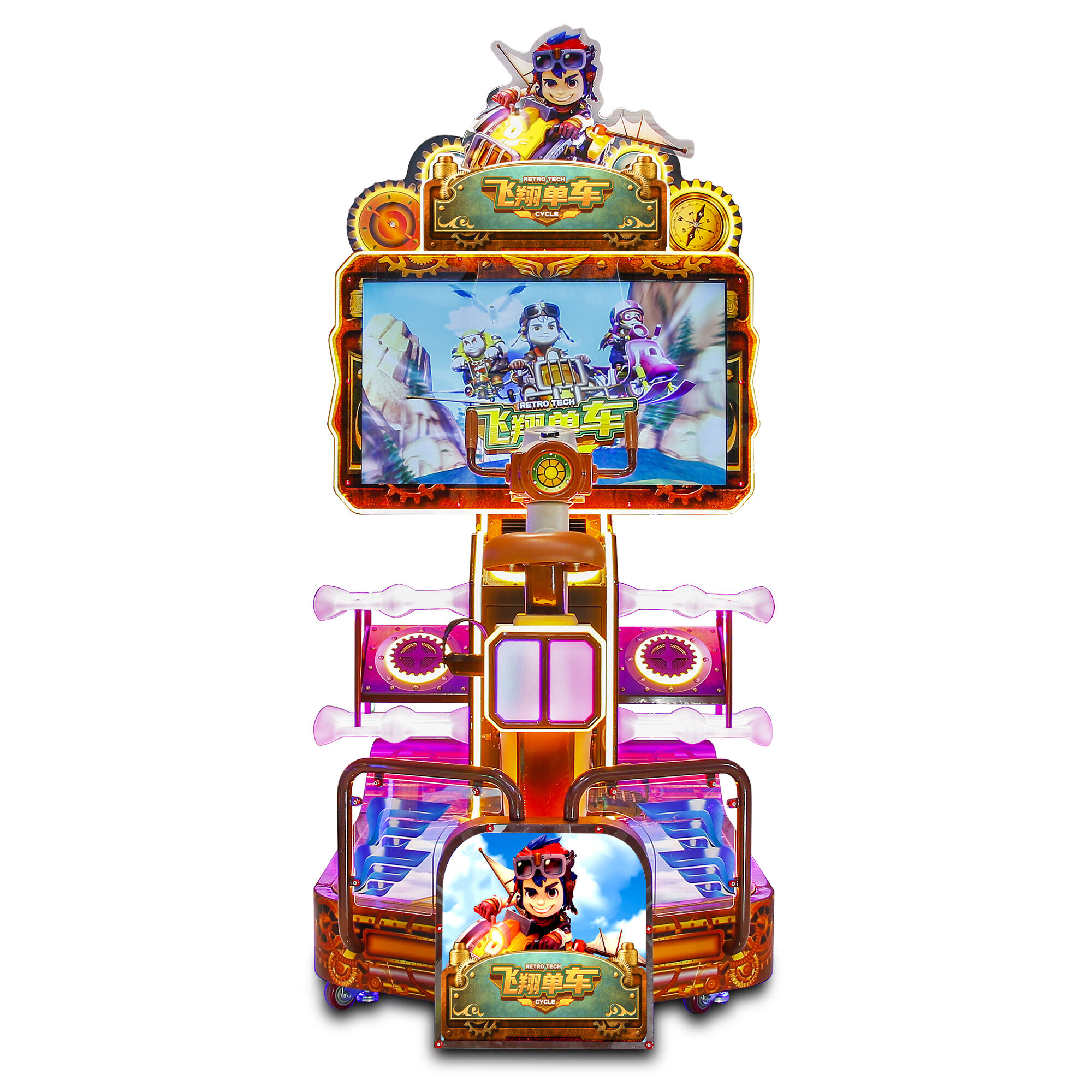
 Hot News
Hot News